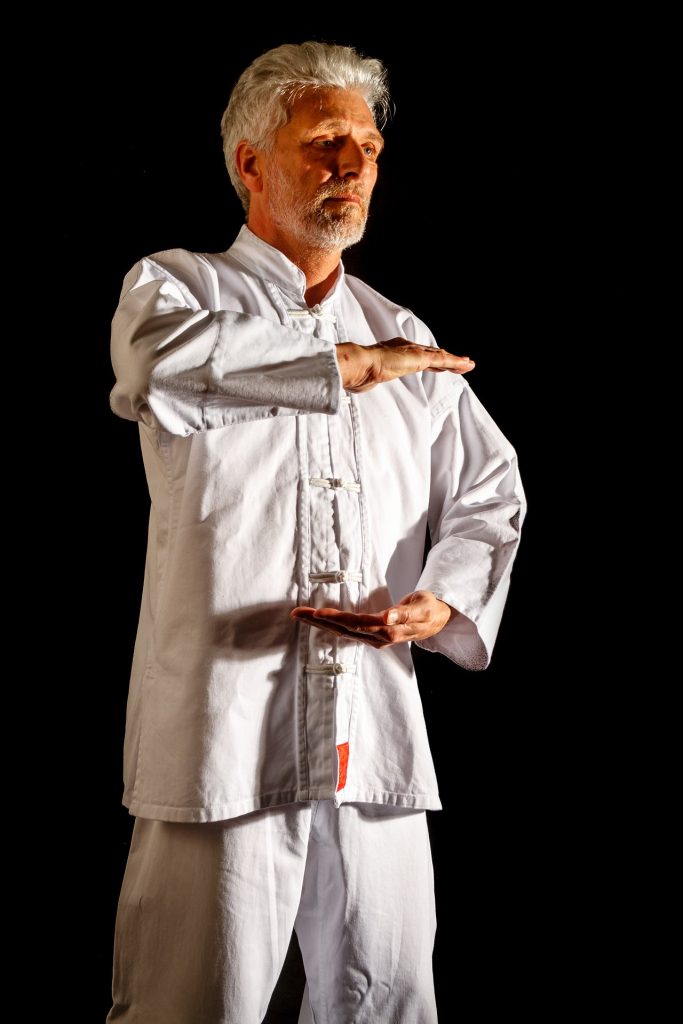Are you finding that you can’t seem to remember why you walked into another room? Are you constantly forgetting things or losing focus in key situations? This could be age-related symptoms.
As people age, their brain’s lose weight and volume. These changes may start to occur in people as early as their mid to late 20s.
Research has shown people who meditate lose less brain mass over time than those who do not. In particular, the research concluded people who meditated showed less of a decrease in their white brain matter.
White brain matter acts as a connector and insulator for gray brain matter. It carries nerve impulses between the functional parts of the brain. Gray brain matter houses the various neurological centers of the brain, which direct speech, motor skills, memory, etc.
Meditation is practiced by more than 15 million Americans and many more people worldwide. It has roots in eastern culture but has been embraced in western societies.
Meditation has a wide variety of benefits, including:
- Improves sleep
- Inner peace and tranquility
- Reduces chronic pain
- Reduces stress and anxiety
- Reduces depression
- Boosts attention
- Improves immunity
- Helps with weight loss
- Boosts memory
- Improves heart health and lowers blood pressure
- Improves well-being and allows for deeper relationships

Now it seems that meditation may also help to keep our brain young.
Interesting Experiments
A team of researchers from UCLA wondered if meditation also preserves the gray matter of people who meditate. The researchers found meditation to have a widespread effect on the entire brain, not just specific regions of the brain associated with meditation.
The study compared people with years of meditation experience with those without none. The meditators had an average of 20 years of experience with meditation practice. The age range of the study participants included people in their mid-20s to their late 70s.
Nearly equal numbers of men and women participated in the study, with 28 men and 22 women.
They found the meditators still experienced a decline in gray matter with age but less than non-meditators.
The researchers noted the positive outcome of the study but cautioned people reviewing the results; they could not establish a direct link between meditation and the preservation of gray matter.
Another neuroscientist at Harvard Medical School reviewed a study and found that the people who meditate had more gray matter in the brain region linked to decision-making and working memory in the frontal cortex. The study revealed that while most people see their cortexes shrink as they grow older, the meditators in the study had the gray matter in their brain of those half their age.
The study showed meditators have more gyrification, folds in their brains, which may contribute to an ability to process information faster than usual.
Meditation allows practitioners to maintain white and gray matter and form increased connections in the brain; it seems to keep the brain young.
Along with its positive effects on white and gray brain matter, meditation positively affects other body functions.
Anti-Aging Benefits Of Meditation
The youth preserving and renewing benefits of meditation include:
• Meditation increases DHEA, which facilitates the production of the hormones that maintain fat and mineral metabolism.
• An increase in Melatonin, which acts as an antioxidant, supplies immune support, and fights depression.
• A decrease in cortisol, the stress hormone that encourages the body to retain dangerous belly fat associated with heart disease and diabetes.
The Surprising Effects Of Meditation
Part of feeling and maintaining a youthful mental outlook centers around the quality of one’s thinking patterns. Meditators learn to quiet the mental chaos and build their ability to concentrate.
They experience greater clarity of thought and tend to react less and respond more to circumstances. In short, they maintain their ability to be highly adaptive and think quickly, benefiting from choosing their response to situations rather than reacting to them.
How To Meditate
Meditators typically meditate at least twice a day for twenty minutes per sitting. Most schools of thought recommend meditation to start the day and to close it. However, a person may meditate whenever they have time in their schedule to accommodate it.
Meditation is not an all-or-nothing proposition. Meditating in shorter increments of time is also beneficial, sitting for 5, 10, or 15 minutes is recommended. The key is to simply start meditating.
There are also several different methods and types of meditation, including:

- Primordial Sound Meditation
- Mindfulness meditation
- Zen
- Transcendental Meditation
- Yoga Meditation (Kundalini)
- Focused Attention Meditation
- Open Monitoring Meditation
- Vipassana Meditation
- Loving Kindness Meditation (Metta Meditation)
- Mantra Meditation (OM Meditation)
- Qigong (Chi kung)
How to Get Started
A person new to meditation needs to be patient; it takes time to train the mind to focus and settle into a meditation practice. The first step is to decide which form of meditation you wish to practice, and then learn how to do it.
If possible, obtain the services of an expert, and there are also many books, DVDs, and free information available online that can teach the exact steps of the particular method preferred.
When beginning, try to meditate at the same time every day. If this is not possible, you can still meditate at different times.
Building a meditation practice is more important than when you do it. The benefits of regular meditation can be felt in just a few weeks, and it can even slow down the aging process.
With continued practice, it is possible to preserve your brain’s youthful dynamics for years to come.
